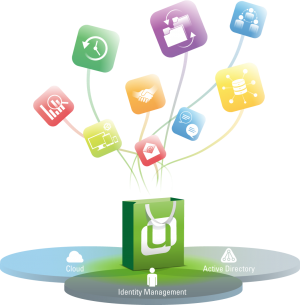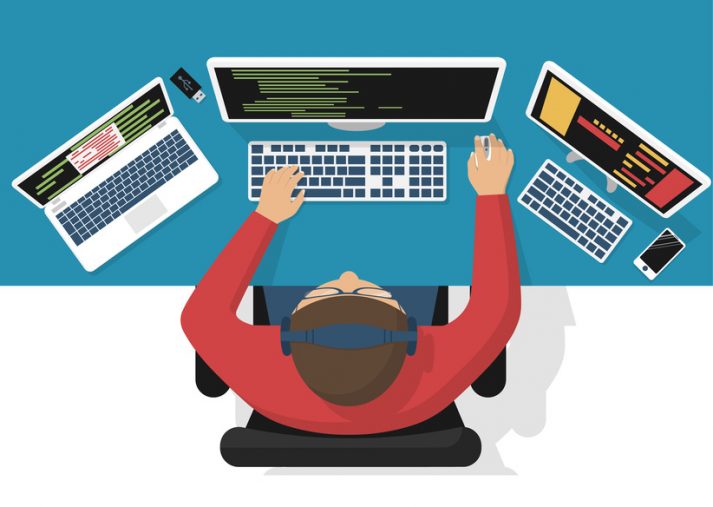Linux and Windows Backups: Bareos in the Univention App Center | Part 1
In the App Center, our partner Univention provides a growing number of applications from different manufacturers. All programs can be installed and set up with just a few clicks. They’ve also integrated our Open Source backup solution: Bareos is licensed under AGPLv3 and specializes in heterogeneous IT landscapes. So, if you’re running UCS, the App Center provides you with a professional backup solution for your Windows and Linux machines in your UCS domain.









